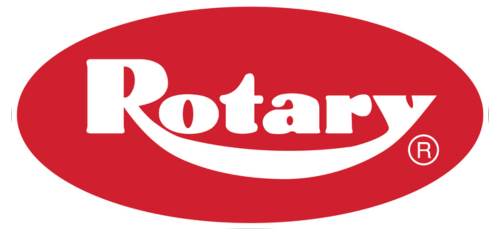Government Purchasing Assistance
We’re here to help you navigate the area of Government purchases in an informed way to make larger purchases easy.
Rotary Lift offers assistance to help you make informed decisions when it comes to government purchases. Click on the state below for additional information about statutes that pertain to your area. You can also view products available on contract via the GSA Advantage or NJPA Alliance links above the map.
Cooperative procurement programs, also known as “government purchasing” or “government procurement” programs, use shared processes to provide competitive prices, terms and conditions to members without the need for individual bid solicitation.
“Government agencies and other non-profit entities are able to significantly reduce administrative and legal costs associated with large-scale purchasing needs.” ~Christine Bilz

NASPO Value Point
Click Here to see more information about the Rotary NASPO Partnership.

GSA Advantage
Click Here to see more information about the products Rotary Lift® offers.

Sourcewell (Formerly NJPA)
Click Here to see more information about the Fleet Services, Parts & Equipment that Rotary Lift® offers.
Move your cursor over the States below or on the icons below to see their contract coverage. Click individual States to see statutes.
National Association of State Procurement Officials
The NASPO ValuePoint Cooperative Purchasing Organization (formerly WSCA-NASPO) provides the highest standard of excellence in public cooperative contracting. By leveraging the leadership and expertise of all states with the purchasing power of their public entities.
Vehicle Service Group, LLC. Contract Information
Rotary Lift is proud to be partnered with NASPO ValuePoint, formerly WSCA-NASPO to provide you with options when looking to purchase lifts and wheel service equipment. The NASPO website has helpful information about this partnership. If you need additional assistance please feel free to contact Christine Bilz , Government Sales Leader or call us at 800-445-5438 x5655

Contract & Pricing Links
Vehicle Lifts and Garage Associated Equipment Contract Summary










